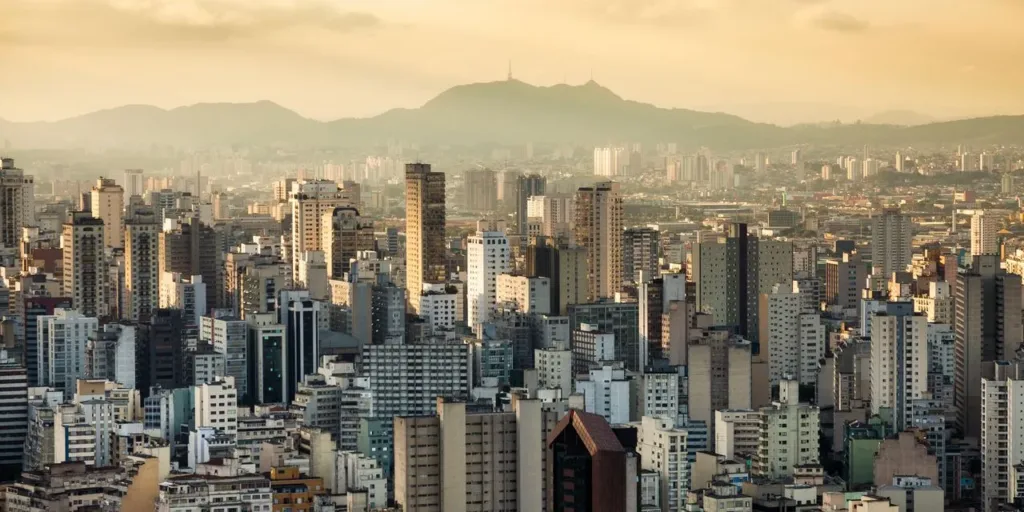In a move aimed at strengthening its position in the global film and television arena, São Paulo State has unveiled an Audiovisual Industry Development Plan. The initiative, led by Marília Marton, the state’s secretary of culture, economy and creative industries, introduces grants for films produced through international co-productions and launches an on-site market event—the inaugural São Paulo Audiovisual Hub—scheduled for early July.
The plan builds on the momentum generated by the post-COVID recovery efforts under the Paulo Gustavo Law, which infused 378.2 million reals into the state’s cultural sectors. Marton emphasized the need for consistent support beyond one-time funding, stating, “The Paulo Gustavo Law was one-off, unique funding. Talking to the sector, I realized it now needs a systematic, multi-year support to avoid having peaks and troughs.”
The Audiovisual Hub will host a Paulo Gustavo Showcase featuring projects financed by the law. Highlighted films include Carlos Saldanha’s “100 Days,” a cross-Atlantic rowing narrative, and André Ristum’s “Technically Sweet,” based on an original screenplay by Michelangelo Antonioni. The event will offer a series of lectures, workshops, masterclasses, screenings, and presentations of restored works, setting the stage for what Marton described as a vital step toward establishing a robust film-TV market in South America.
In addition to the event, the state plans to allocate grants totaling 4 million reals to 13 projects, with a focus on supporting four films produced in international co-production. “The idea is to make less films with greater resources,” Marton explained, highlighting a strategic move to elevate production quality.
The new plan also includes the launch of a film commission and a screenplay competition, providing opportunities for producers to submit their work. With audiovisual funding for 2025 set to triple that of 2022, São Paulo aims to capitalize on its significant share of Brazil’s thriving cultural economy, which saw a 15.5% growth from 2012 to 2020, with the state accounting for 61% of that growth.
